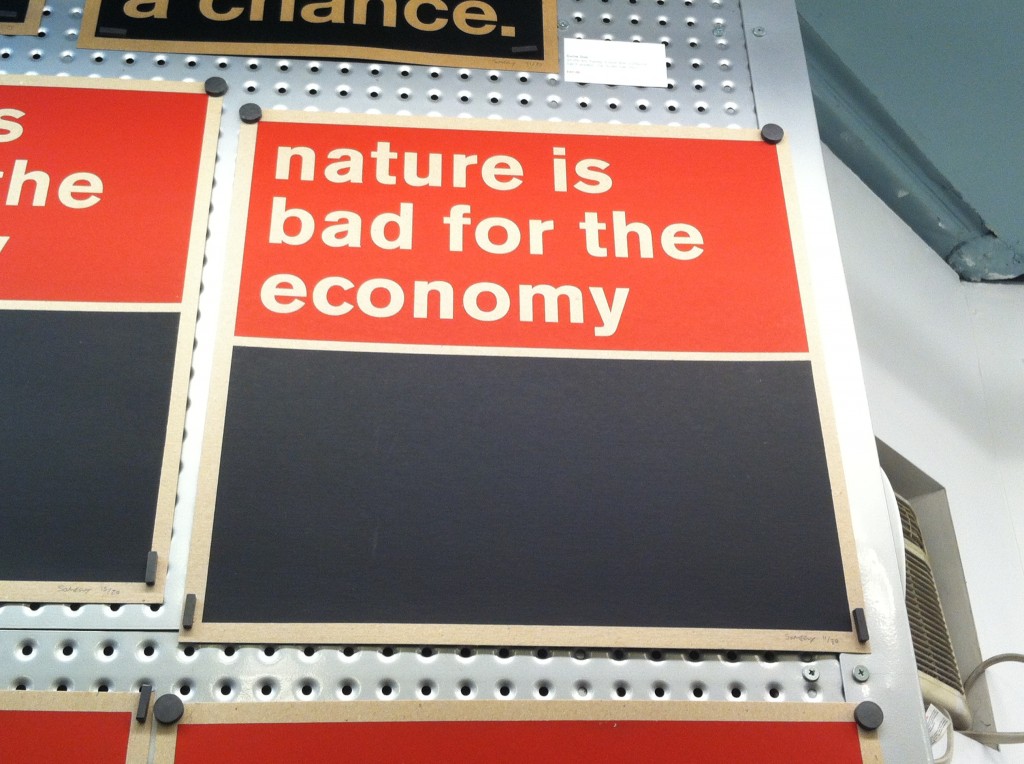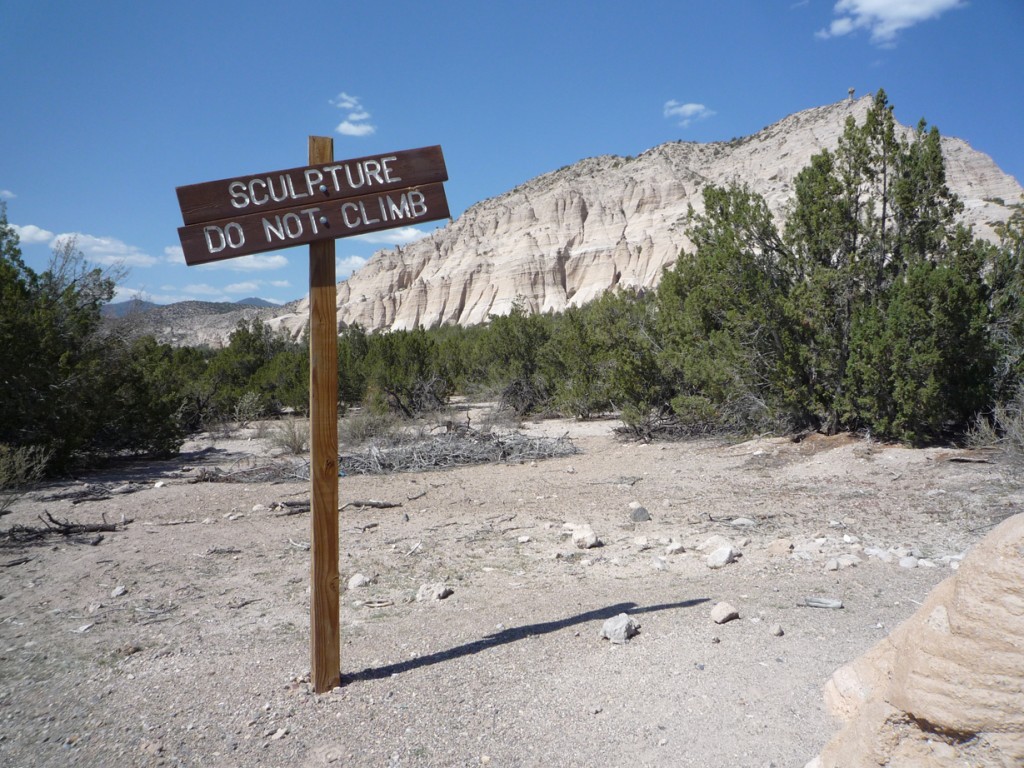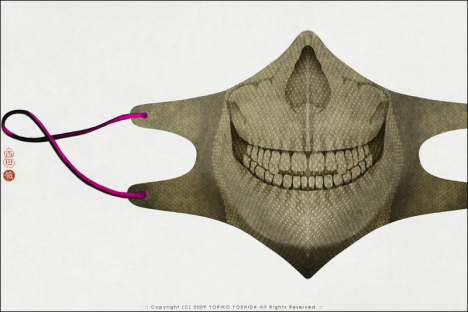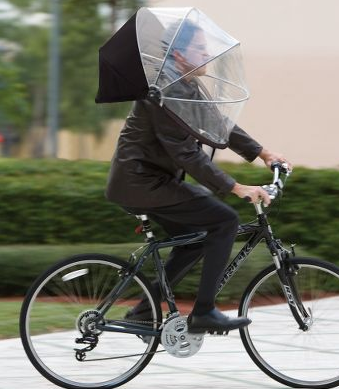I hadn’t quite connected big box stores to container ships, and the idea of non-space and non-place, til i came across this still.
Marc Augé writes about non-place in his eponymous book on Supermodernity , and Robert Smithson of course said it first (“non-site, the gallery as a kind of blank):

which is from the movie The Forgotten Space, whose promo text reads:
The Forgotten Space follows container cargo aboard ships, barges, trains and trucks, listening to workers, engineers, planners, politicians, and those marginalized by the global transport system. We visit displaced farmers and villagers in Holland and Belgium, underpaid truck drivers in Los Angeles, seafarers aboard mega-ships shuttling between Asia and Europe, and factory workers in China, whose low wages are the fragile key to the whole puzzle. And in Bilbao, we discover the most sophisticated expression of the belief that the maritime economy, and the sea itself, is somehow obsolete.
From Smithson’s writings:
Oblivion to me is a state when you’re not conscious of the time or space you are in. You’re oblivious to its limitations. Places without meaning, a kind of absent or pointless vanishing point.
Instead of putting something on the landscape, I decided it would be interesting to transfer the land indoors, to the Non-site, which is an abstract container.
http://socks-studio.com/2014/06/14/theory-of-non-sites-by-robert-smithson-1968/
http://interventions-arthouse.blogspot.fr/2011/11/robert-smithson-mapping-and-concept-of.html







